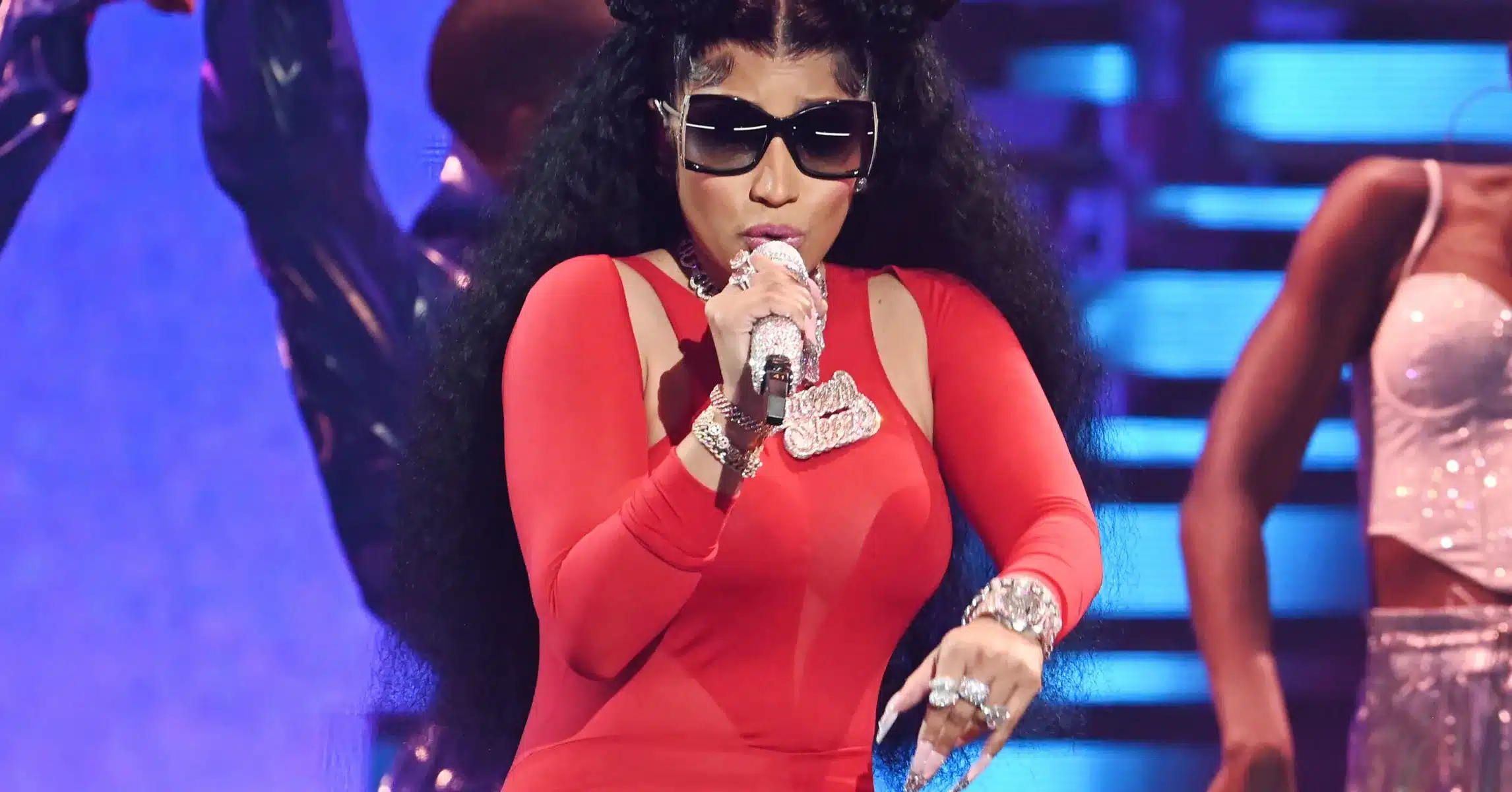Step into the intense world of radio rivalries, where personalities clashed and stations battled for dominance. This era was marked by fierce competition and personal vendettas, shaping the landscape of urban radio.
Listeners were treated to a dramatic narrative, filled with intense showdowns and surprising alliances. The struggle between stations like HOT97 and Power 105 not only entertained but also transformed the sound of the airwaves.
In the world of radio, power dynamics are as intense as any other industry. The beef with Flex and radio rivalries stirred up fierce competition. Personal vendettas flourished when personalities clashed, leading to public showdowns and heated exchanges. However, these rivalries often fueled better programming and brought more entertainment to the listeners.
The tense relationship with Murder Inc. was sparked by tragic events. Words exchanged in the heat of the moment led to misunderstandings. However, personal connections often helped resolve these conflicts, showing how entwined business and personal relations can be. A sense of rivalry seemed unavoidable but was eventually appeased through familial ties.
The radio wars between HOT97 and Power 105 were legendary. Influential figures and fierce competition molded the landscape of urban radio. Each station had its own fierce loyalists, and artists often found themselves caught in the crossfire. The rivalry highlighted the cutthroat nature of the business. Yet, despite the hostility, respect for one another’s craft was evident.
When bans took place, they were felt across the industry, impacting artists’ careers. Radio giants had the power to make or break a record’s success. Meanwhile, artists had to navigate these turbulent waters and adapt to changing allegiances. These bans often sparked debates about fairness and autonomy in the music scene.
Rebellion against the status quo became a defining attribute of this era. Radio personalities rebelled by supporting emerging platforms, contributing to a shift in power. Meanwhile, artists like Nori pushed boundaries with their lyrics, influencing future generations. Their bold moves altered the radio landscape and set the stage for new voices.
The introduction of concepts like the Roll Call added a new dimension to radio. This innovative approach made radio more interactive and engaging for listeners. Furthermore, it built a sense of community among audiences, inviting them to participate. Such contributions were pioneering, cementing their place in radio history.
The decade witnessed a transformation in how radio and music interacted. As new artists emerged, the industry had to adapt or risk obsolescence. This period was marked by innovation, tension, and growth, reflecting broader cultural shifts within the music industry.
In the end, the radio rivalries of this era left a deep impact on the industry. They ignited creativity and innovation, challenging norms and fostering new talents. Radio became a platform for bold voices and fresh perspectives, shaping a dynamic and evolving auditory experience.










